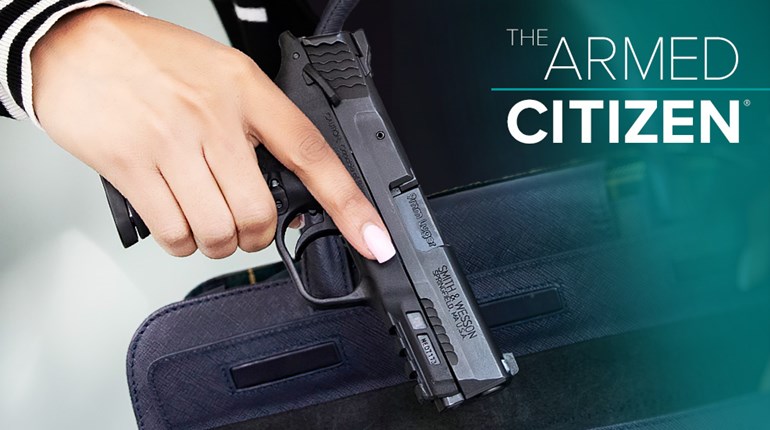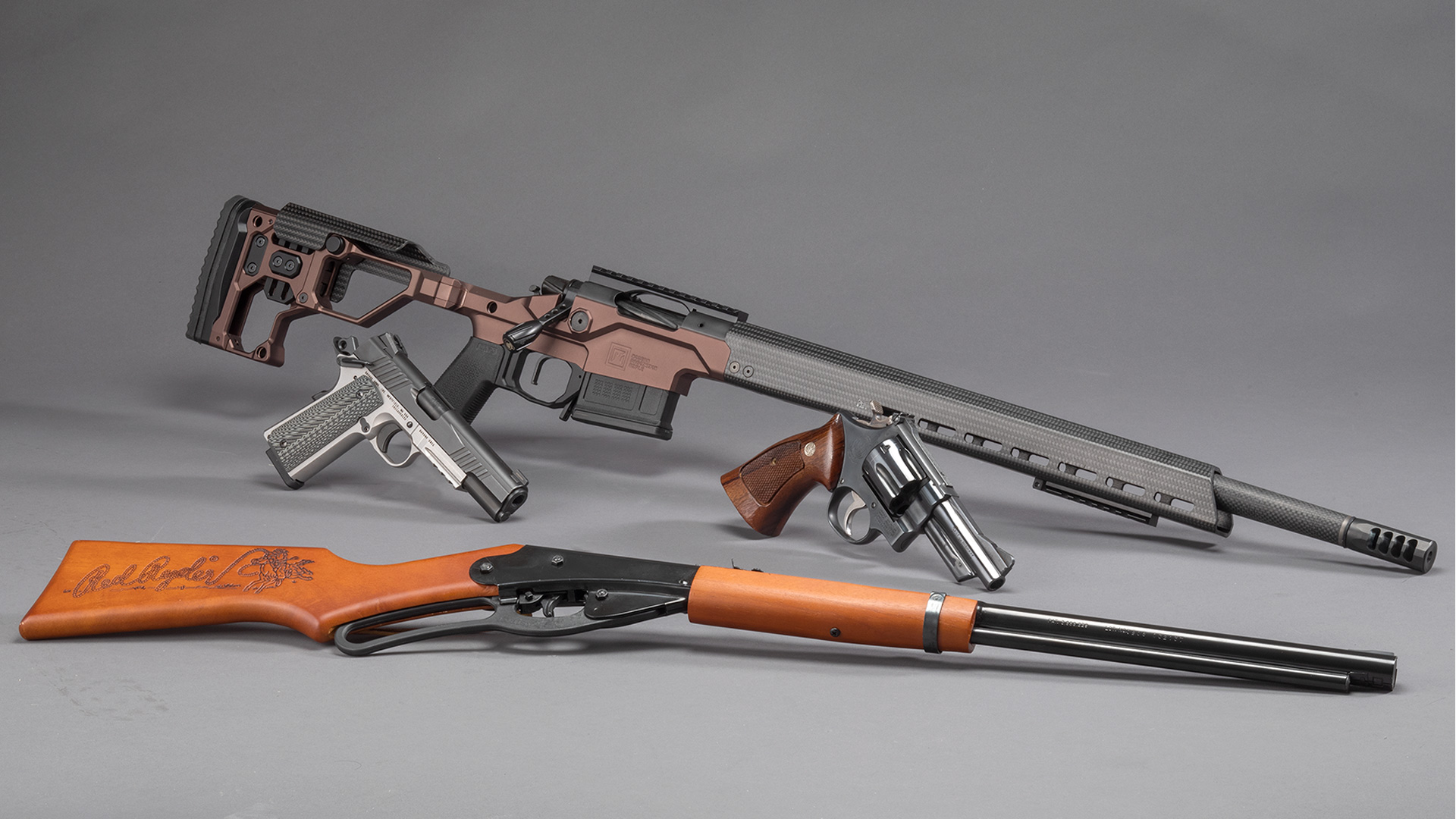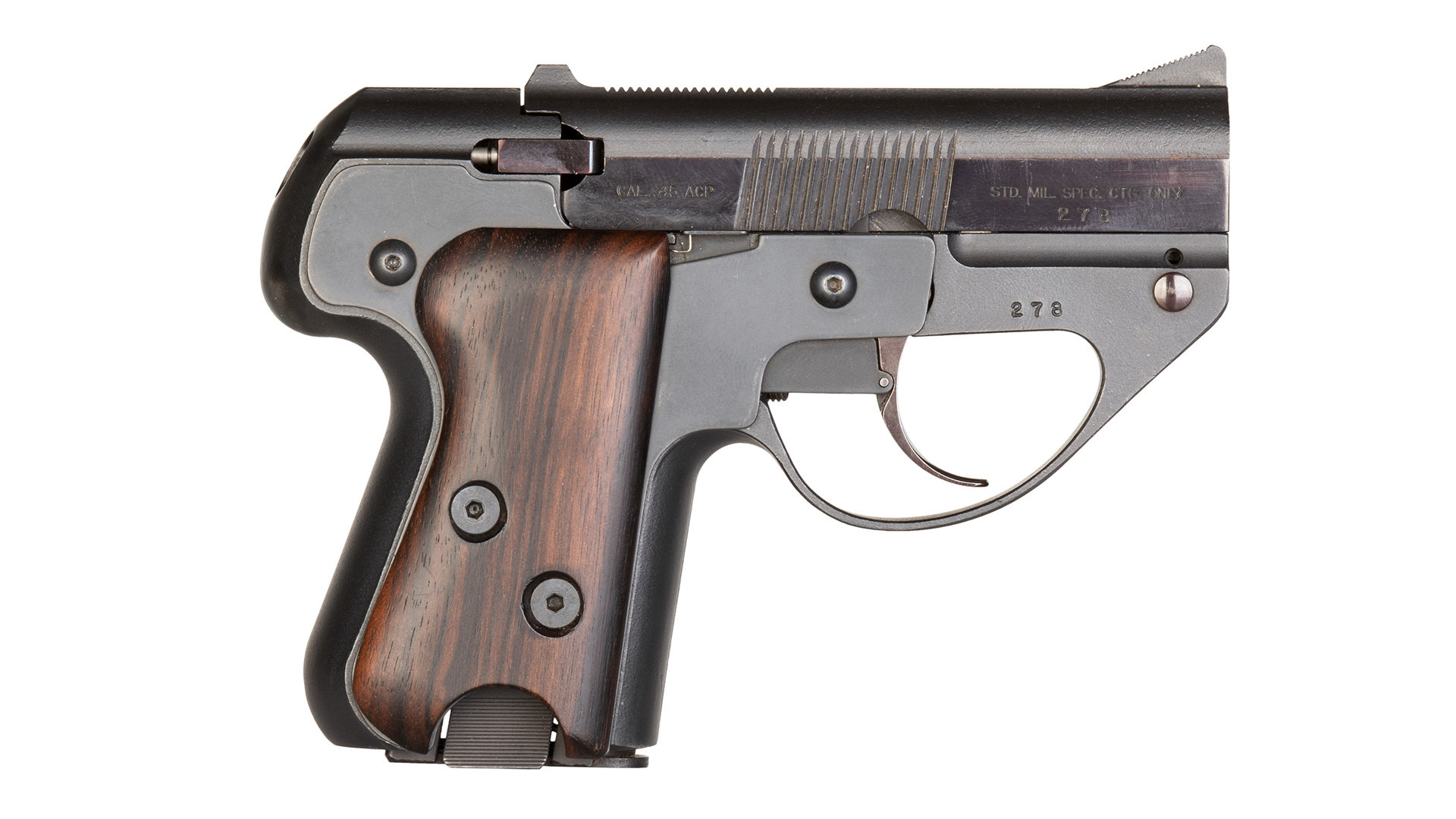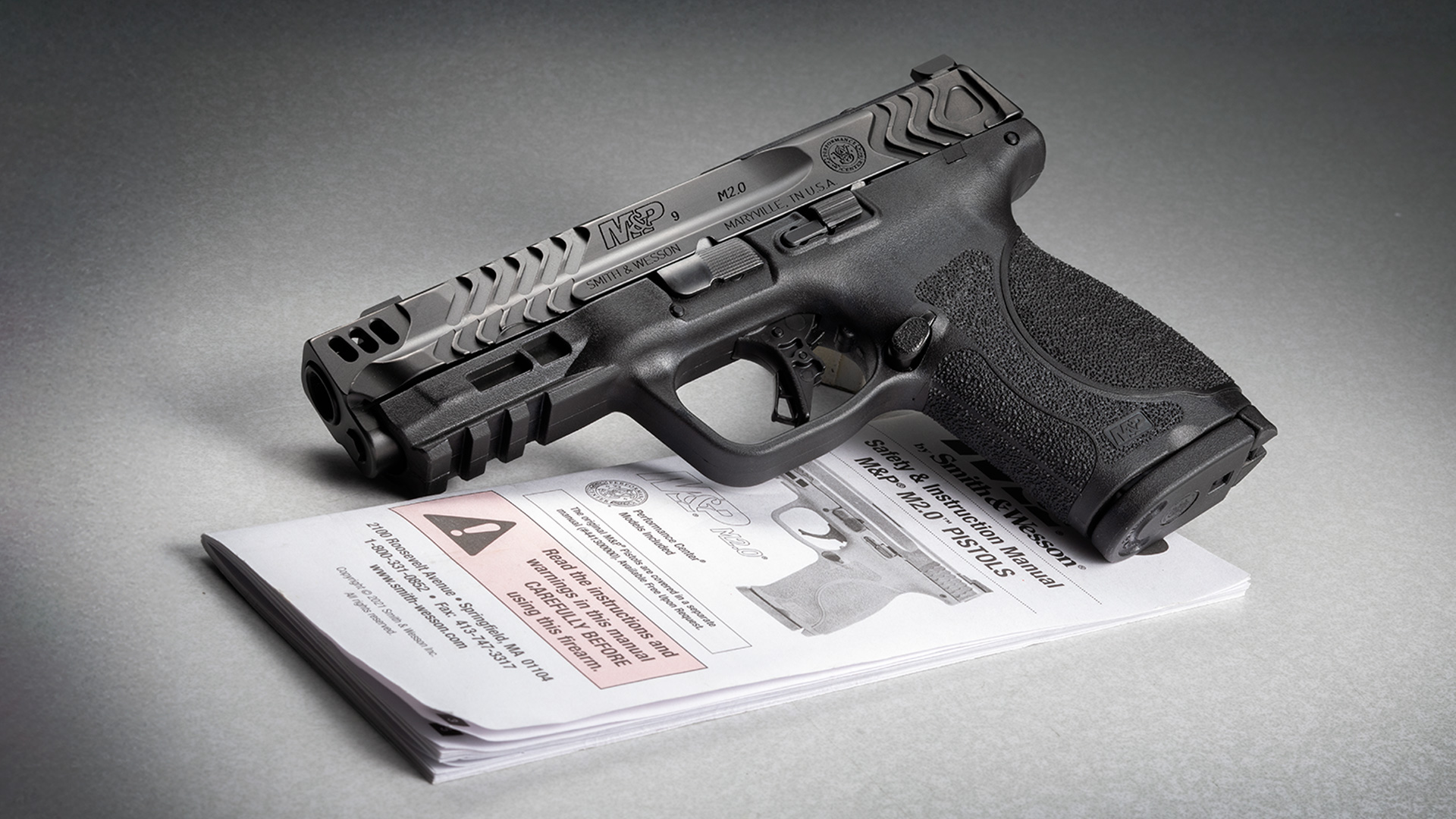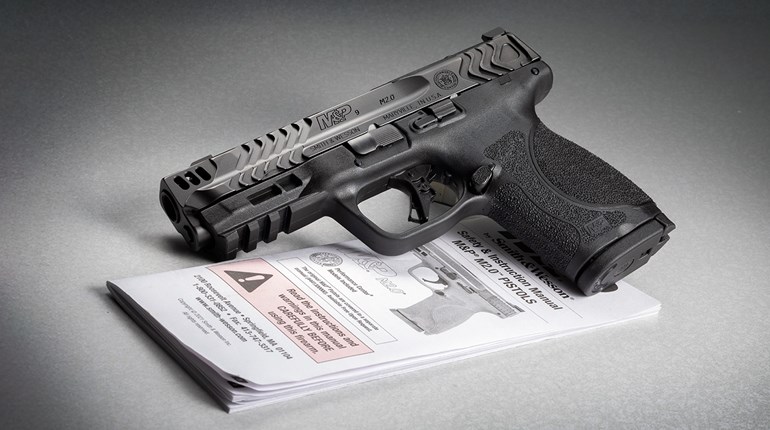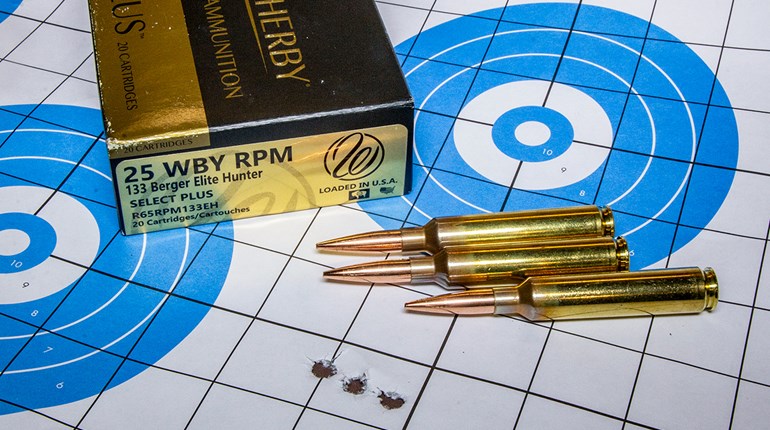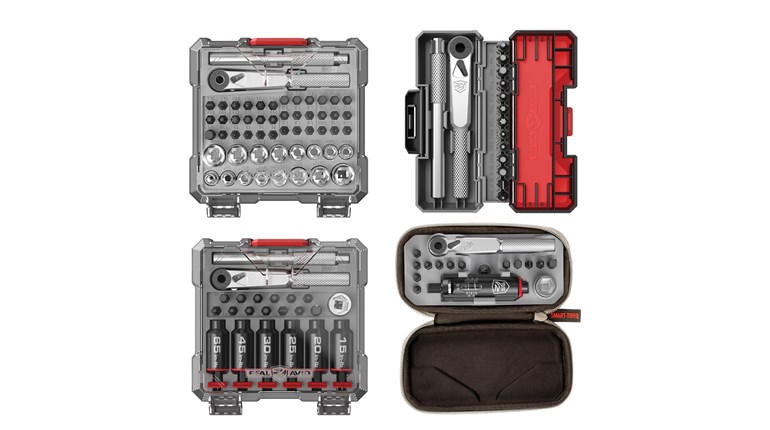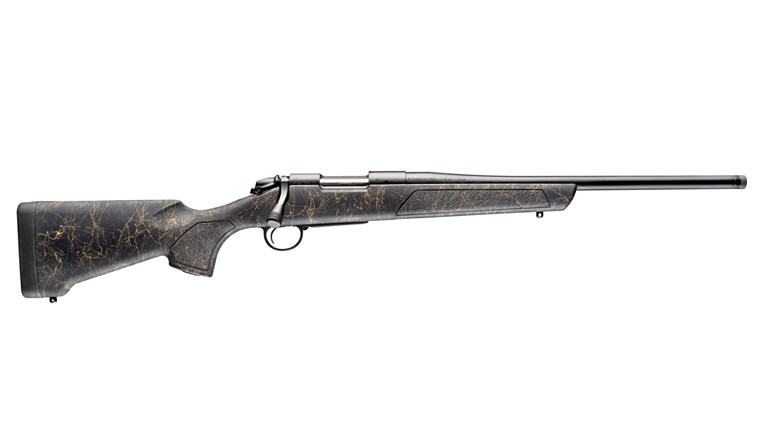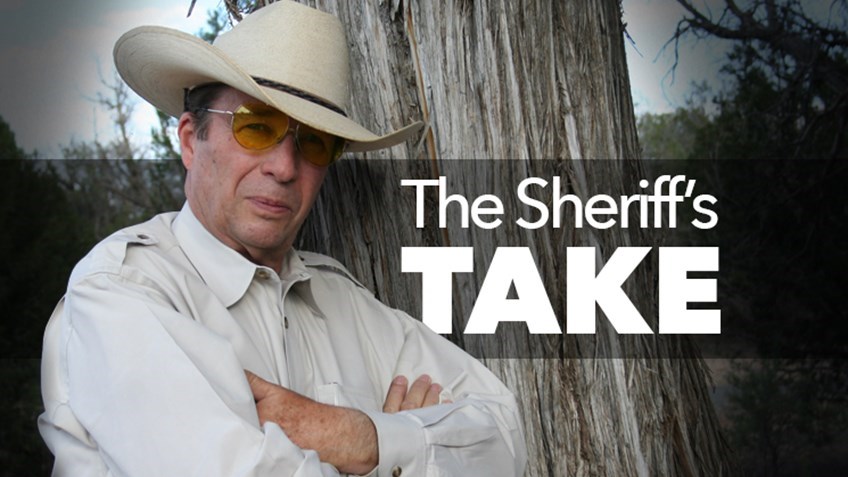
Recently, I was watching a video by my friend Dave Spaulding. Dave was mulling over all of the efforts that we make to understand what goes on with a person during a violent confrontation. He talked about adrenaline dumps, increased heart rates and those folks who could manage to get the job done—and those folks who never would be able to meet the challenge. At the end, he talked about the old-time gunfighters and their philosophies about fighting.
Those old timers—Earp, Masterson, Hickok and the rest—didn’t have access to the equipment that we have today. They had to make do with a small assortment of guns that were suitable for the task. They had to rely on gun rigs that were not much more than leather pockets. Their choice of ammo was lead bullets and black powder, and they hadn’t even heard of ballistic gel. Yet they survived, and some survived quite a large number of deadly fights.
I think that the key is found in the words of Bat Masterson. Masterson is quoted as saying that three things were important to survive a gunfight—deliberation, accuracy and speed—in that order.
We should do everything we can to avoid a violent conflict. But when a gunfight is forced upon us, it is time to force everything from our mind except what it takes to stop the attack. Avoidance didn’t work this time, so it is up to us to deliberately and purposefully do whatever it takes to survive. In order to be around to deal with the aftermath—whatever that may be—we have to survive. It is time to get cold, calculating and deliberate.
The best way to bring a fight to a screeching halt is to deliver that first fight-stopping hit. People can’t do that just because they say they are going to do that. They have to have practiced enough that hitting the vital zone of an attacker can be relied upon. A good center hit with just about any old bullet is way better than a marginal hit with the latest and greatest magic bullet. Loud noises don’t stop gunfights—good hits to the vital zone nearly always do.
Interestingly, Masterson listed speed in third place. One should only try to go as fast as he is able to reliably hit that vital zone. Going faster just puts bullets in the air and, again, loud noises don’t stop gunfights. When people are dedicated to serious practice, their speed of delivery will increase. But accurate hits will always be more important than speed.
The old timers took marginal gear and made it work for them. Their focus was on deliberation, accuracy and speed. Yours should be, too.
You will notice that I shared all of my thoughts without once resorting to the old worn out cliché: “It’s the Indian, not the arrow.” I knew you would appreciate that.












